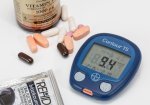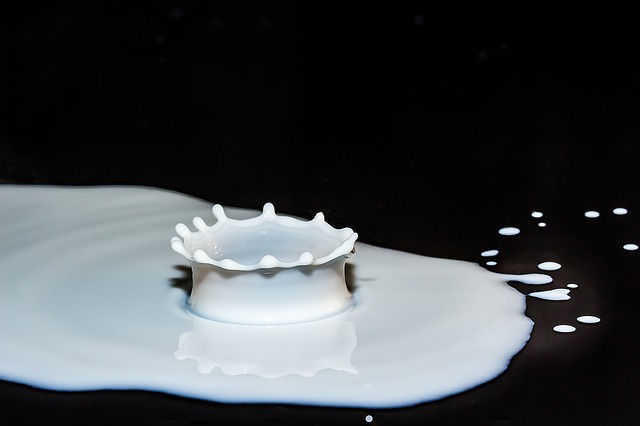Stress And High Blood Pressure
Including stress and high blood pressure due to work and emotional situations

The association between stress and high blood pressure is not as many people assume it actually is. Blood pressure is defined as the force with which blood is exerted on artery walls as it is flowing in the arteries. It is measured by establishing the systolic and diastolic blood pressure numbers using a blood pressure monitor.
The link between stress and hypertension is an area that is still largely open to further study. It is an area much like the association between caffeine and high blood pressure were doctors acknowledge a link but cannot determine with certainty the medium to long-term effects of taking caffeine on blood pressure.
It is a fact that today's lifestyle is largely filled with fast-paced activities which increase stress levels in both males and females. Doctors know and agree that the human body releases specific hormones namely adrenaline and cortisol during stressful situations. These hormones prepare the body for flight or fight by inducing a fast heart rate and constricting blood vessels to supply blood were its needed most for the situation at hand.
This is one particular and typical case were stress and hypertension association is demonstrated. These hormones through their actions initially induced by stress increases blood pressure. Blood pressure is a function of blood volume pumped into blood vessels and constriction or dilation of these blood vessels walls. In a once-off flee or fight situation more blood is pumped into the vessels and at the same time there is constriction. Blood pressure readings are elevated.
In fact high blood pressure caused by stress in this manner is such a reality that doctors advise that when taking blood pressure at home, individuals must ensure they are not stressed for whatever reason as this will likely distort the measurements. Doctors are settled that this type of link between stress and high blood pressure is only temporary with blood pressure returning to its pre-stress level once the stress reaction involving hormones goes away.
What remains unclear are the effects of chronic or constant stress which can be sustained for days and even weeks on end. What effect this type of stress has on blood pressure in the medium to long term is unknown. Out of lack of any evidence linking stress and high blood pressure in the long term doctors believe that particular behaviors that are induced by stress may be at the forefront of long term development of hypertension.
Individuals who are stressed are more prone to risk factors associated with primary hypertension such as tobacco smoking, lack of exercise, alcohol abuse and overeating. Poor eating habits for example, may result in consumption of high cholesterol foods, excess sodium consumption, weigh gain or obesity in the medium to long term.
These factors may also lead to the development of heart disease which in itself may form the basis of high blood pressure in the context of secondary hypertension. Other factors that may also lead to heart disease will include anxiety and depression. Doctors increasingly agree that temporary blood pressure spikes caused by stress may damage blood vessels, heart and kidneys should these spikes occur frequently enough. Damaged kidneys may particularly lead to renovascular hypertension.
Work, emotional stress and high blood pressure are a reality in today's fast moving round the clock lifestyles. Doctors recognize that reducing stress laden activities is beneficial for your blood pressure. This also benefits even your heart health overtime. Stress management is therefore an important consideration when it comes to stress and hypertension. The following are some practical steps to take in reducing your stress levels;
- Allow yourself adequate time to finish tasks. Do not take on more than you can handle.
- Exercise as often as possible
- Allow yourself plenty of sleep
- Avoid complaining when faced with problems. Know what you can control.

Return to What Causes High Blood Pressure from Stress and High Blood Pressure
Return to High Blood Pressure Home from Stress and High Blood Pressure
Disclaimer
Information contained on this website is not meant to replace your doctor's advice.
(c) All Rights Reserved. 2010-2018











